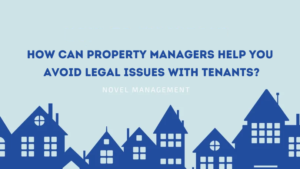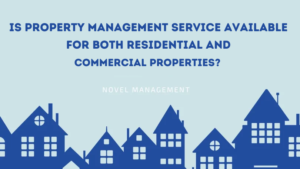Homeowners and Condominium Owner’s Association, HOA, and COA, respectively, are organizations in charge of maintaining and managing commonly shared areas in planned housing developments. The basic difference between a COA and an HOA is in the operational mechanism and the type of planned development. Here, we talk about the importance of reserve funds in these organizations and discuss how to manage HOA and COA reserve funds.
Before we talk about reserve funds management, let us first distinguish between the two organizations. Even though the terms are used interchangeably, they are quite different.
What is a Condominium Association?
A condo is basically one larger real estate divided into smaller, separately owned units. Condominiums have shared spaces such as a common elevator area, outdoor areas such as yards, and parking areas, etc.
Only owners can be part of the association, which then chooses a manager who bears several responsibilities. All members in a COA are legally bound to act in the best interest of the residential property. They are all socially liable and cannot go against the set rules of the organization.
What is a Homeowner’s Association?
A homeowner’s association is similar to a COA. However, where COA is for multifamily residential properties, an HOA is also for single-family residential communities. The organization’s main goal is to ensure the maintenance of residential properties and to ensure a cohesive environment.
HOA-managed residential developments have a board of directors, and members are all owners of the residential properties. Most HOA’s do have managers with different responsibilities. Thus, an increasing number of owners have a chance to become part of the decision-making process.
HOA and COA Reserve Funds and their Management
HOA and COA collect funds or charge maintenance and upkeep fees from homeowners. The board of directors and managers then use the fund to manage shared areas such as parks, roads, waiting areas, repairs to properties in case of severe damage by natural disasters, etc.
As a member, you should be well-informed of the reserve fund. You should also know how much is coming in and how much is being spent on management, so you can efficiently manage regular tasks or save some for emergencies.
Here is how you can manage your funds better.
- Calculate Your Regular Expenses – Identify your recurring expenses and separate them from those you are only likely to incur once in a while.
- Dedicate Your Reserves for Smaller Expenses – Capital investments such as the installation of a new facility require large-scale funding. If you use your reserves to fund capital expenses, you will not have enough for recurring expenses. Make sure you dedicate your reserves to regular maintenance and repair tasks only.
- Know the Number of Reserves You Need – You should have enough funds in your reserve to manage unexpected repair and maintenance tasks at all times. You will have to spend a substantial amount of time calculating the amount you need.
We suggest you take help from a professional such as property managers. They can guide you on how to manage HOA and COA reserve funds efficiently




